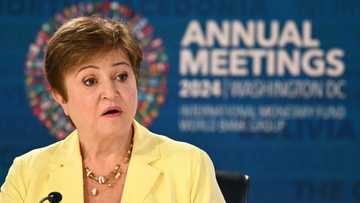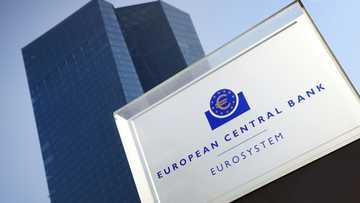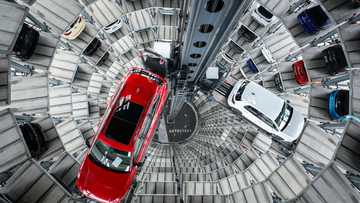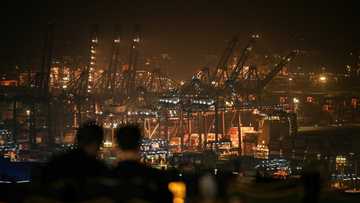Tariffs could lift Boeing and Airbus plane prices even higher
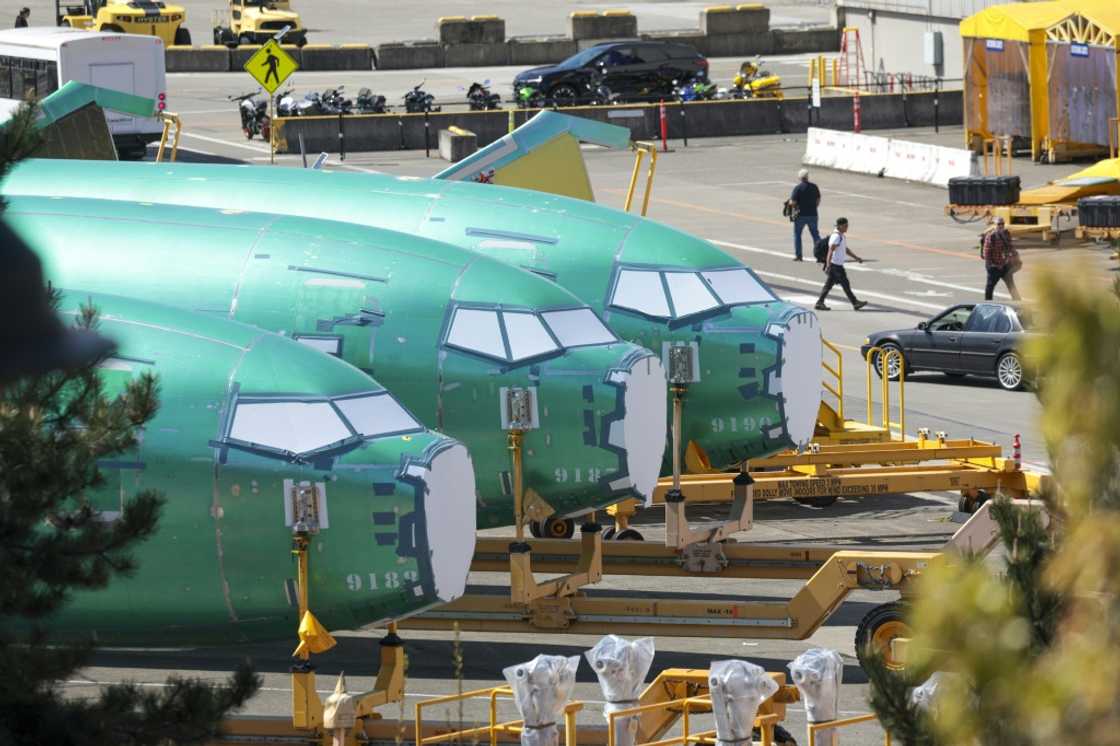
Source: AFP
Don't miss out! Join Legit.ng's Sports News channel on WhatsApp now!
Commercial plane prices, already lifted in recent years due to pandemic supply chain shocks, are poised to climb further as Boeing and Airbus are buffeted by trade tariffs.
"Compared with 2018, prices for commercial jets have risen by around 30 percent," an aviation expert told AFP on condition of anonymity.
The American and European aerospace giants have grappled with higher expenses for primary materials such as titanium, components and energy, as well as overall labor cost pressures.
To resolve a labor strike, Boeing late last year agreed to a new contract with its Seattle-based machinist union that lifted wages by 38 percent over four years.
Just months earlier, Spirit AeroSystems, a major supplier to both Boeing and Airbus, reached an agreement with similar wage increases.
Richard Aboulafia, managing director at consultancy AeroDynamic Advisory, said items that have inflated "at a particularly high rate" include castings, forgings and "anything titanium... especially since all that Russian capacity has been cut off from the US and, to a lesser extent, from Europe."
Aboulafia estimates prices for materials and equipment have risen 40 percent since 2021. That's before Trump's 25 percent tariffs on steel and aluminum, which are used in planes.
"It's kind of ironic, raw materials were not a problem, but Donald Trump is determined to make them a problem," Aboulafia said.
Inflation in aviation has been accelerating, and "that's only going to get worse with these tariffs that are being imposed," agreed John Persinos, editor-in-chief at Aircraft Value News. "These tariffs are disastrous."
What's more, the newer generation of planes, such as the Boeing 737 MAX and 787 Dreamliner and the Airbus A321neo, can command premium prices thanks to their lower fuel consumption.
Listed prices a 'fiction'
The impact of tariffs is not reflected in the companies' stale official pricing literature.
Boeing has not updated its figures since 2023, while Airbus' catalogue is untouched since 2018.
"Catalogue prices were a complete work of fiction," Aboulafia said. "You got 50 percent off for showing up dressed nicely."
Airbus decided to abandon the use of catalogue prices "a long time ago" because they "were not closely correlated to the final price, which was based on each specific contract in terms of plane configuration and detail," the company said.
The aerospace companies will often negotiate additional services such as plane support or training at a discounted level when aircraft are delivered, said the expert who requested anonymity.
Such deals make the official listed price less meaningful, they added.
Contracts for new planes typically include adjustment clauses for inflation, while pricing can also be tweaked if deliveries are delayed.
Since the contracts are usually denominated in dollars, there can also be allowances for swings in exchange rates.
Boeing told AFP that it evaluates price based on production costs and other market factors, but does not discuss the details publicly since they pertain to competition.
Both Boeing and Airbus currently have a substantial backlog of plane orders that will keep them occupied through the end of the decade. But that strong demand has not in itself boosted pricing much.
"It's a very competitive situation," said the expert. "The two companies fight for every transaction and that impacts pricing."
Most airlines opt to do business with both Airbus and Boeing.
"Before Covid, Boeing and Airbus competed for a market where prices were really lower, maybe even too low," said Manfred Hader of consultancy Roland Berger.
But airlines have been able to afford more expensive planes in the post-lockdown period, where there has been strong travel demand, boosting ticket prices and airline profitability, Hader said.
In February, Japanese carrier ANA ordered 77 planes from Boeing, Airbus and Brazilian firm Embraer, providing updated catalogue prices that show an increase from earlier levels.
The order priced Boeing's 787 Dreamliner at around $386 million and the 737 MAX at $159 million, compared with $292 million and $121.6 million in 2023, according to AFP calculations.
It priced the Airbus A321neo at around $148 million compared with the $129.5 million in the 2018 catalogue.
PAY ATTENTION: Сheck out news that is picked exactly for YOU ➡️ find the “Recommended for you” block on the home page and enjoy!
Source: AFP


